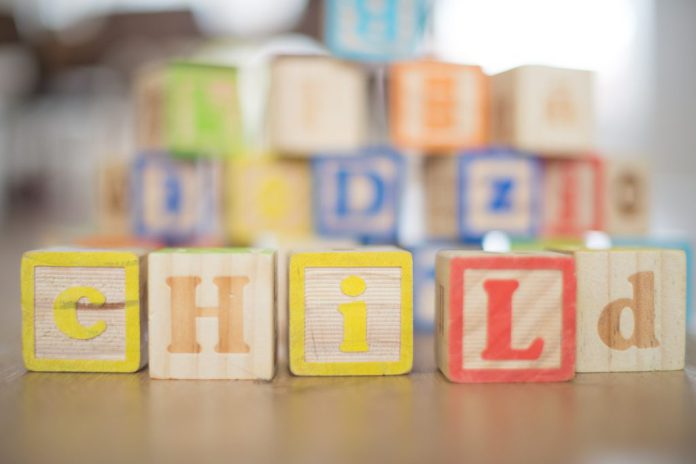Preschool
Children need healthy relationships with their caregivers, especially when they’re young. These connections can help kids develop a love of learning.
Preschools operate on a school schedule, closing for holidays, summer breaks and inclement weather. They also tend to have a lower child-to-teacher ratio than daycare centers. This allows for more individualized learning and less separation anxiety.
Cognitive Development
Kids who go to preschool tend to adapt better to kindergarten — and even later academic challenges — than kids who don’t. That’s because they’re already exposed to teacher expectations and school-like routines.
Preschool also gives kids the chance to learn social skills that help them get along with other people — and, in some cases, prepare for future career endeavors. For example, kids may practice negotiating time and space with their peers during play. These skills will help them build strong relationships throughout their life.
In addition, preschools typically provide kids with structured activities, like daily routines, that can reinforce important learning concepts and develop positive behavior. For example, children can learn to brush their teeth or wash their hands on a regular basis. This helps them feel safe and secure, which can help to establish healthy habits that last a lifetime. The same can be said for other activities, such as learning to read or play sports.
Physical Development
Preschools offer a safe space for children to explore their creativity through play. It also helps them build a positive sense of self that will encourage them to make healthy choices and pursue their interests in the future. The social interaction they have in the classroom also helps them be comfortable with their daily routines and grow their communication skills. It is also a great way for them to learn how to value diversity and other cultures.
While child care, daycare, preschool and nursery school are all types of childcare, they usually differ in their structure, educational philosophy and operating hours. Child care, which includes kindergarten alternatives, is most commonly regulated at the state level and follows strict laws for things like director qualifications, safety and staff-to-child ratios. It focuses on supporting working parents and may have flexible child care hours, especially during holidays or inclement weather. On the other hand, preschools typically follow a set academic curriculum and have higher education and training levels for teachers.
Social Development
Preschool educations help children develop life skills that enable them to excel in their future. It helps children build strong attachments to their caregivers, and also fosters healthy social-emotional development. Children who have well-developed social skills tend to have higher self-esteem, and are able to cope better with stress and anxiety.
The expansion of preschool programs in recent years has produced impressive gains for low-income children, but more research is needed to understand how such investments can produce lasting impacts on children and their families. One promising strategy may be to offer intensive interventions in high-poverty neighborhoods.
The terms “daycare,” “child care,” and “preschool” all encompass a wide range of programs. In many cases, the differences between them are subtle, and what really matters is a child’s safe environment for learning through play. The best choice for a particular family will depend on a number of factors, including their finances, values, and priorities.
Emotional Development
Developing a strong sense of emotional resilience is essential for children’s ability to learn and grow. It helps them develop healthy, caring relationships and cope with challenging situations. It also helps kids to become resilient adults who can cope with life’s obstacles.
The best curriculums will also help to foster a love of learning. Kids who love to learn are more likely to stick with their schooling, gaining the skills they need to excel in future.
The right preschool childcare daycare early childhood educations will also nurture a sense of curiosity and exploration in children, encouraging them to seek out new experiences and friends. They will teach children to value differences and understand that everyone is unique. They will also encourage kids to try new things and take risks, which can build confidence and positive self-esteem. This is the foundation for a lifetime of success!Post navigation




